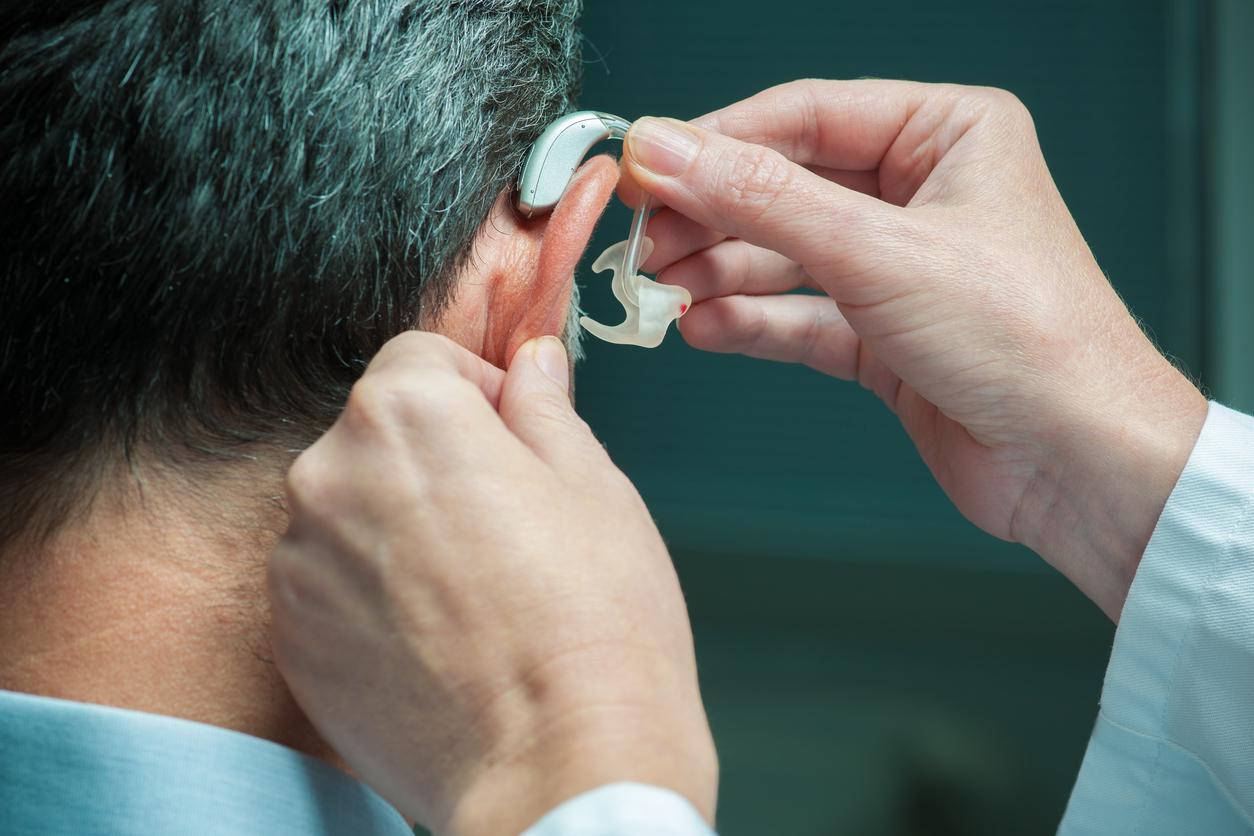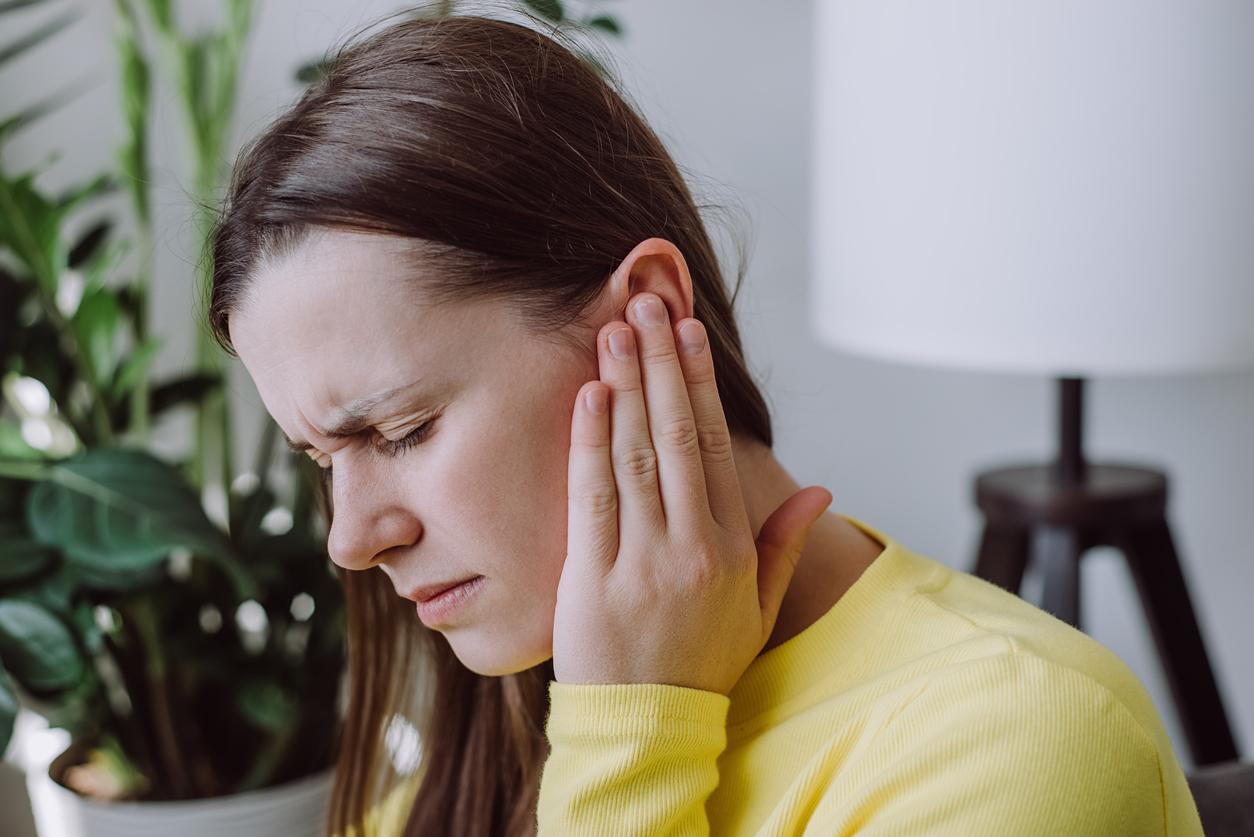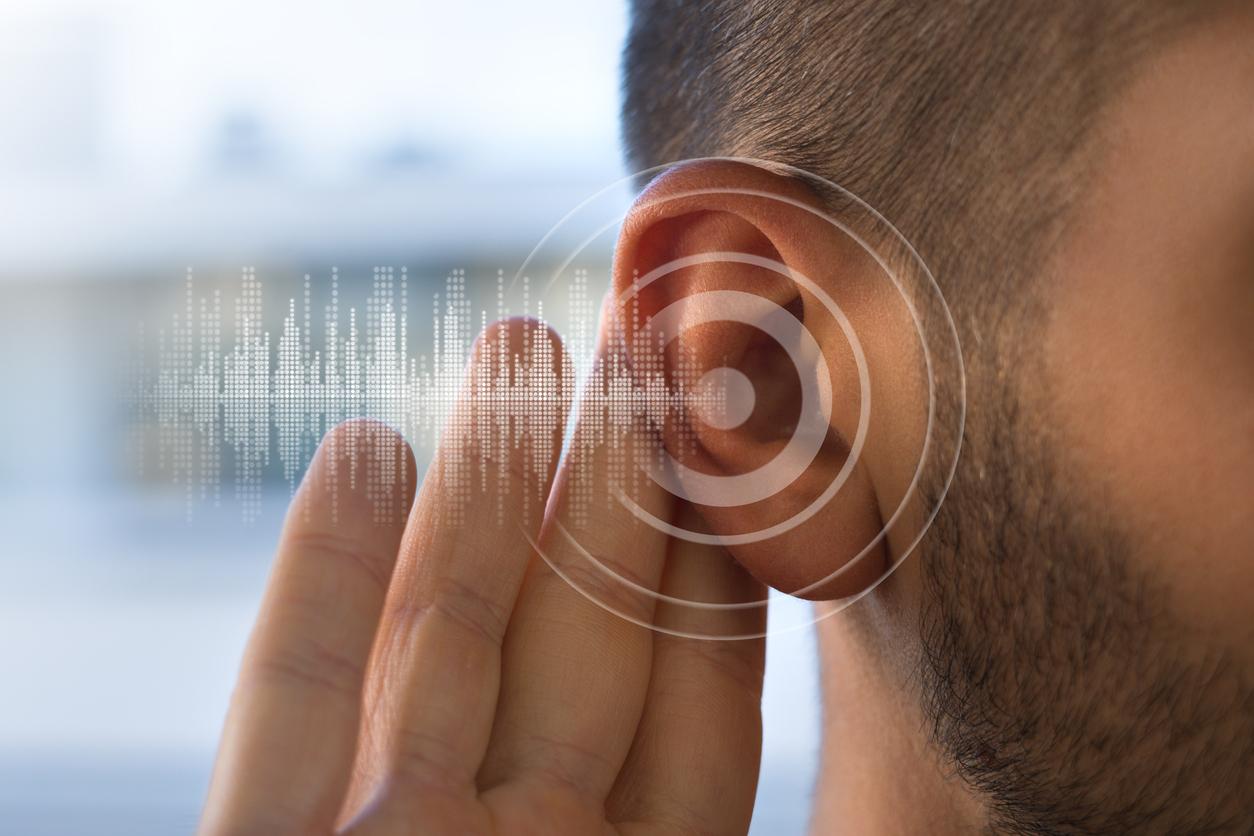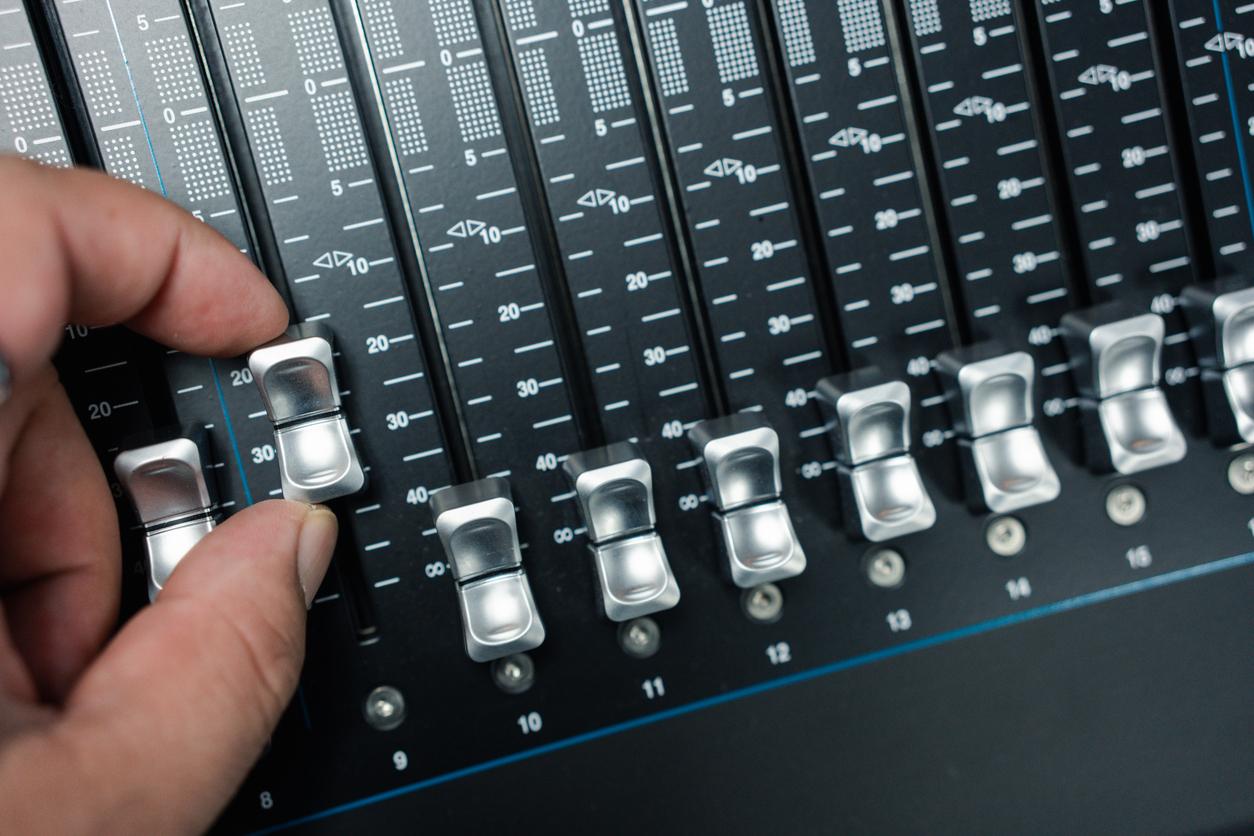
Questionnaire and hearing test
Since 2013, the hearing care professional has determined for which category of hearing aids you are eligible based on a protocol. You will only receive a partial reimbursement from your health insurer for hearing aids from that category. This rule still applies for 2016. How does the hearing protocol work?
The idea behind the hearing protocol is that you are reimbursed for a device that allows you to function properly. Do you have light hearing problems, you will get a simpler and cheaper hearing aid than if you have more serious hearing problems.
Five categories
Based on a hearing test and a questionnaire, the hearing care professional determines whether you have a simple or a complex ‘care question’. You will be placed in one of five categories: category 1 is relatively simple, category 5 is the most complex.
The various hearing aids are also classified in these 5 categories. If you fall into category 2, you can therefore choose a hearing aid from device category 2. There are several brands and models available per category. The health insurer reimburses 75 percent of the costs, the other 25 percent you pay yourself. In addition, hearing aids are subject to the deductible. If you would like a hearing aid from a higher category, you are not eligible for reimbursement. If you have a very minimal hearing loss (less than 35Db), you are not eligible for reimbursement. Fortunately, there are other tools that can help you hear better. Inquire about this with the hearing care professional.
Questionnaire
What questions do you need to answer as part of the hearing protocol? We have listed them for you below. If you already use a hearing aid, the questions are about your experience with hearing aids. All questions should be answered with almost never, sometimes, often or almost always.
- Can you distinguish the sound of different musical instruments?
- Can you hear what intonation and inflection people speak with?
- Can you hear the rhythm in a piece of music or song?
- Can you hear someone addressing you at a birthday party or reception?
- Can you immediately hear from which direction a car is driving on the street?
- Can you hear someone addressing you on a busy street?
- Can you hear the newscaster on the radio at normal volume?
- Can you recognize a TV presenter by his voice alone?
- Do you find it disturbing if the radio or TV is on during a conversation?
- Do you experience that music sounds too loud to your ears, while it sounds pleasant to bystanders?
- Can you understand a shop assistant in a busy store?
- When you are eating dinner with several people, can you follow the conversation?
- Can you have a conversation with one person in a quiet environment?
- Can you make a phone call in a quiet room?
- In a quiet house, can you hear from which corner of the room someone is speaking to you?
- Are there parts of tracks or songs that you miss, while you can hear other parts of the same track?
- Can you recognize different family members by their voices?
- Can you hear cars passing or approaching?
- Can you understand sung text (Dutch)?
- Can you distinguish male voices from female voices?
- Can you understand someone sitting next to you on the bus or in the car without much effort?
- Can you hear the noises in the household (vacuum cleaner, washing machine, running water)?
- Can you hear the doorbell at home?
- Can you recognize a certain melody in a piece of music or a song?
- Can you hear the birds singing outside?
- Can you hear it when someone approaches you from behind?
- Do you reduce the volume of radio and/or TV or turn it off completely to make a conversation easier?
- Can you hear a honking car on the street?
- Do you immediately look in the right direction when someone yells at you on the street?
- Do you experience noise, such as the sound of a vacuum cleaner or household appliances, as very annoying or tiring?
- Do you understand the newscaster on TV at normal volume?
- Can you distinguish the sound of a car from the sound of a bus on the street?
- Can you hear from which corner of the room a question is asked during a meeting?
Sources):

















